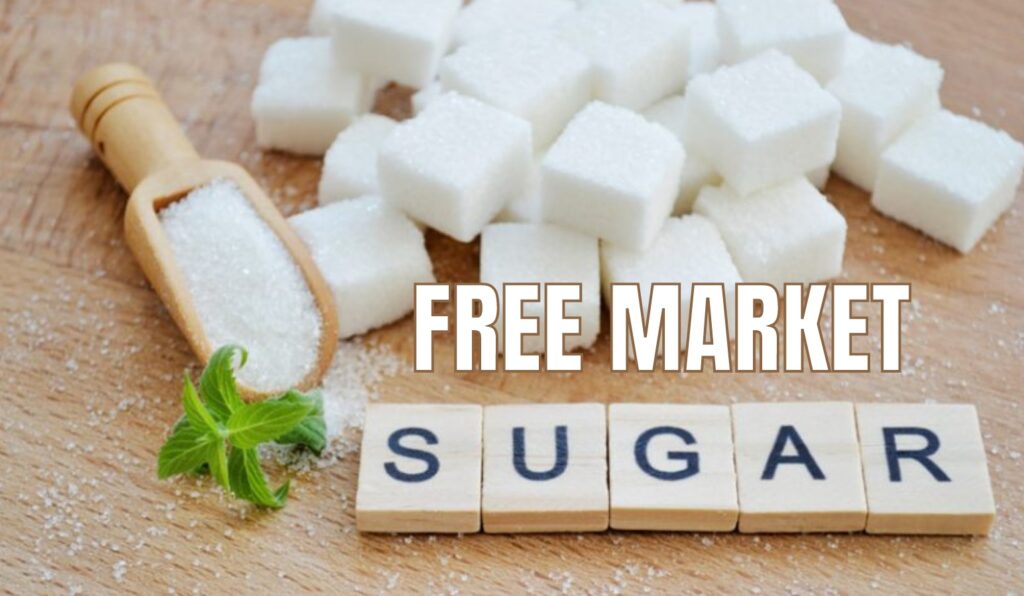(Chuck Muth) – It all started in early 2019. Australia, Brazil and Guatemala complained that India’s sugar subsidies were distorting the world market and giving the country an unfair trade advantage. According to a report this month by Harikishan Sharma of the Indian Express…
“All three countries complained that India provides domestic support to sugarcane producers that exceeds the de minimis level of 10% of the total value of sugarcane production… They also raised the issue of India’s alleged export subsidies…”
Talks ensued between the nations but “failed to resolve the dispute.” So off to the WTO (World Trade Organization).
A formal WTO complaint was filed in July 2019. An initial organizational meeting was held in November. However, due to COVID the next hearing over the dispute wasn’t held until more than a year later.
The “Dispute Settlement Body” (DSB) held additional meetings in 2021 and accepted written testimony. On September 30, 2021, the panel issued its final report: India was guilty of violating WTO rules with its various sugar subsidies.
The panel found, Sharma reported, “that for five consecutive sugar seasons from 2014-15 to 2018-19, India provided non-exempt product-specific domestic support to sugarcane producers in excess of the permitted level of 10% of the total value of sugarcane production.”
In its report, the panel recommended that “India bring its WTO-inconsistent measures into conformity with its obligations…within 120 days from the adoption of our Report.”
However, India continues to deny the allegations and rejected the panel’s conclusions as “completely unacceptable,” “erroneous,” “unreasoned,” and “not supported by the WTO rules.”
India’s Commerce Industry also released a statement declaring that there will be “no impact of the WTO panel’s findings on sugar on any of India’s existing and ongoing policy measures in the sugar sector” and announced it was appealing the decision.
Unfortunately, as reported by the Business Standard, the “lack of a functional appellate body at the WTO means a final decision on the matter is unlikely anytime soon.”
Which means U.S. sugar policy restrictions on the import of artificially cheap, subsidized sugar from India will need to remain in place for the foreseeable future. Unless India voluntarily agrees to knock it off. Don’t hold your breath waiting.
Citizen Outreach is a free-market grassroots advocacy organization. For more information, please visit www.CitizenOutreach.org



